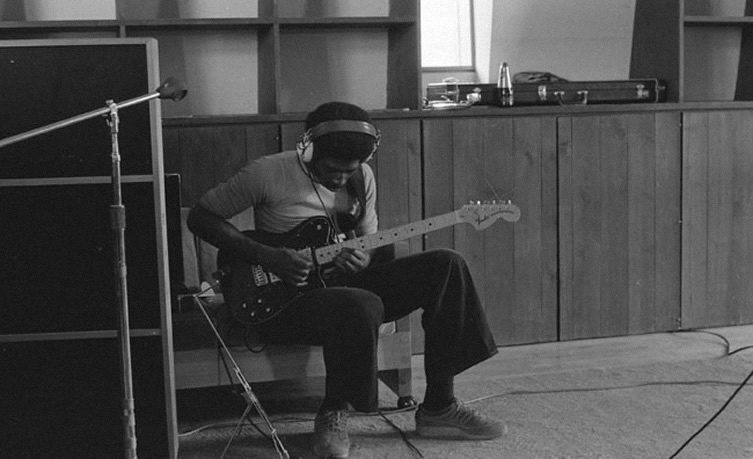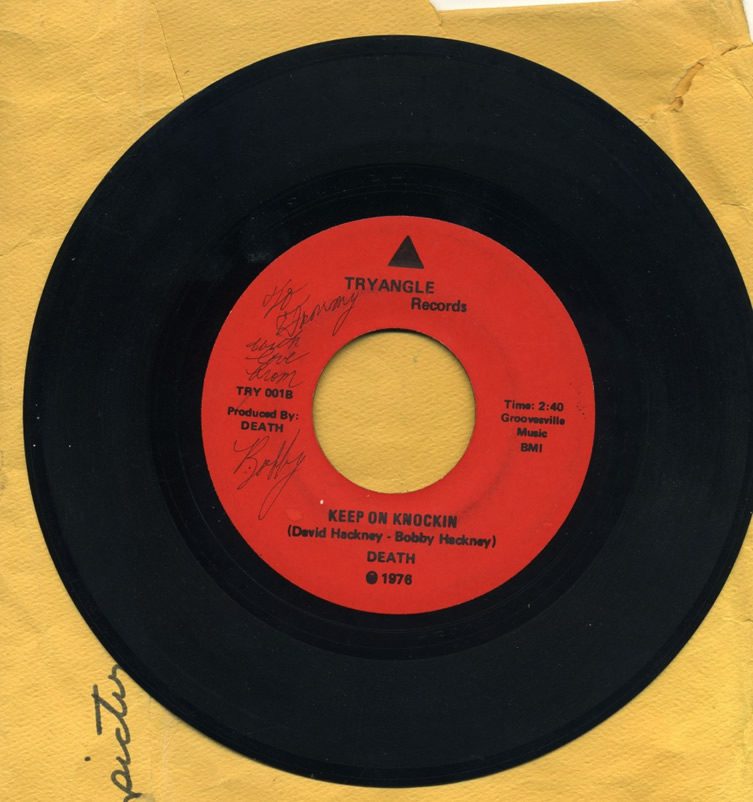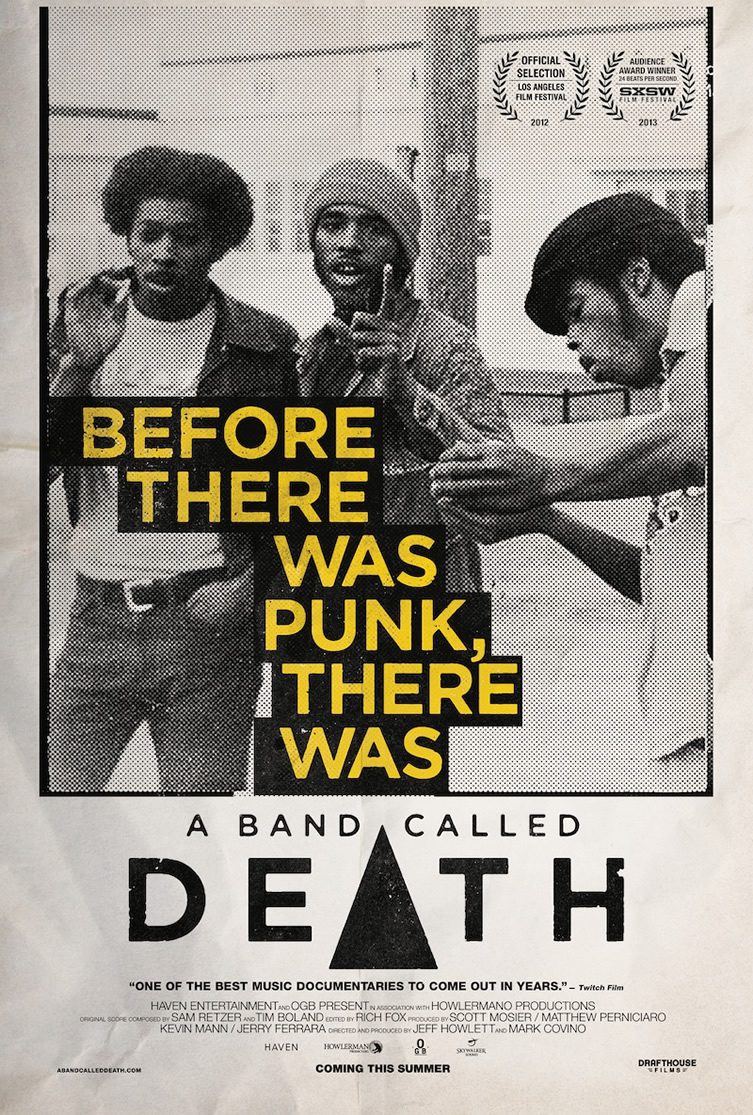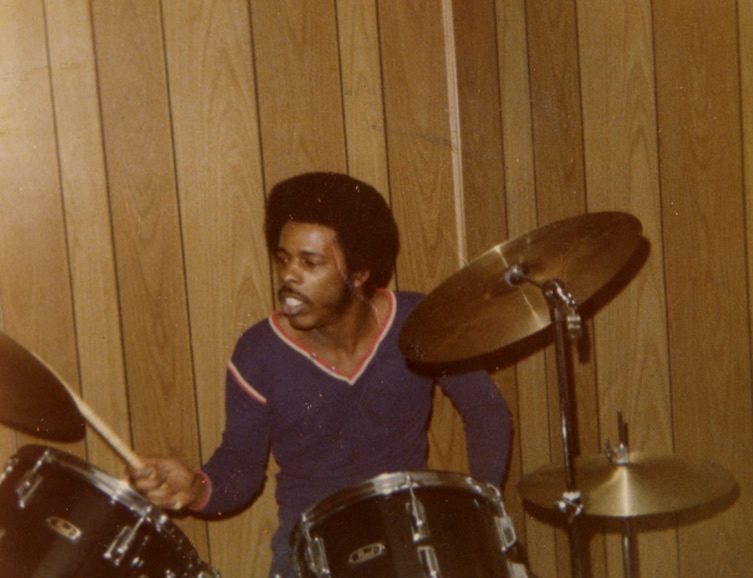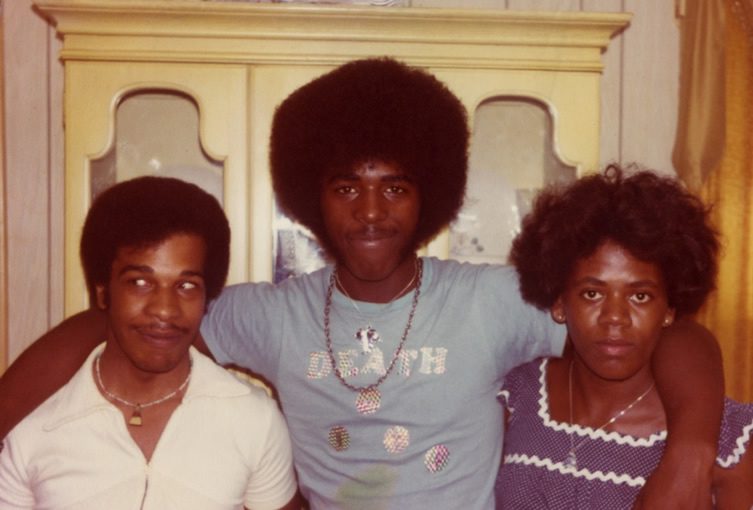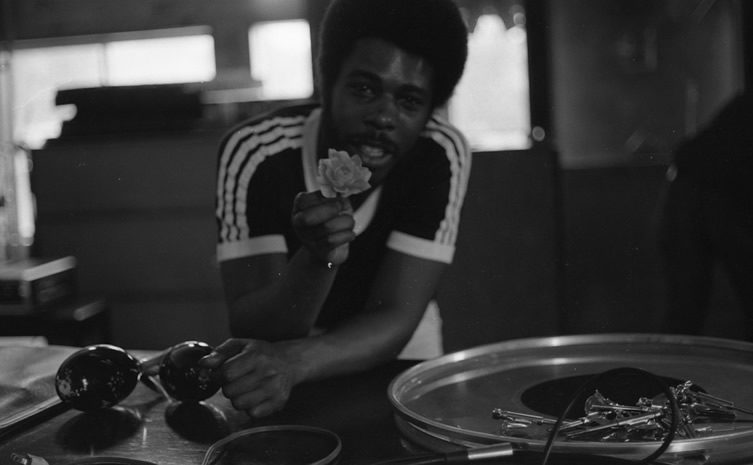For any music lover, lost classics are the Holy Grail. Years spent digging through crates of vinyl in a bid to upstage your friends and peers – an unheard gem, a rare b-side; it’s like scientists and conservationists spending months camped in unchartered territory on the hunt for new species, but with a pub at the corner of the road from which to flick through your findings. I hardly think Generation Z will be rooting through hard drives or cloud servers for obscure 320 kbit/s MP3s, but that’s a different matter for a different day.
In 2009, Chicago indie label Drag City upstaged their friends with a real sacred chalice, an obscurity that got the world talking. Entering the studio for Columbia Records in 1974, brothers Bobby, David and Dannis Hackney’s debut album never saw the light of day, on account of refusal to change their name from Death; the band’s resolute defiance may have cost them fame and fortune but, for Drag City, it made one hell of a hidden gem, so much so that Drafthouse Films would join the story’s bandwagon and, in the process, make one of the most utterly ‘must-see’ music documentaries for some time.
Riding on the crest of the proto punk wave that was redefining the musical landscape of their hometown, Detroit, the Hackney brothers were the first all-black band to recreate the visceral garage rock of their Motor City cohorts MC5 and The Stooges; as bold as their name suggested in a world where white kids played rock and black kids sang Motown. “When I was told the history of the band and what year they recorded this music, it just didn’t make sense. Ahead of punk, and ahead of their time” was the response of fellow Detroiter Jack White upon hearing …For the Whole World to See, the remaining songs from the album that never was – the tapes for which literally found in an attic.
Instantly installed alongside the aforementioned American pioneers of punk, Death are now a major footnote in the history of dissident, nonconformist rock music, and A Band Called Death is their tale. In a scene that’s famed for tales of addiction, murder and tragedy; Death’s is a rare account of uplifting emotion. Hollywood couldn’t write this shit.
